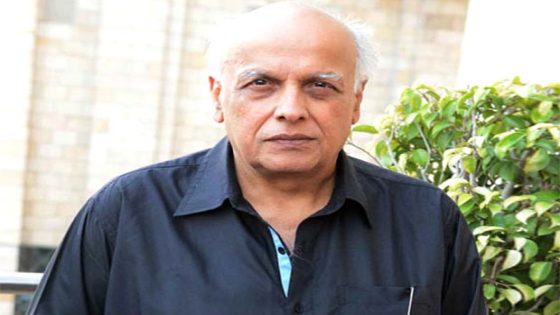By Dan Williams
JERUSALEM (Reuters) – Memorial sirens for generations of Israeli war dead sounded throughout the country on Monday, while air raid sirens warned of incoming shelling as the conflict triggered by the Oct. 7 Hamas attack dragged on into its eighth month.
Traffic slowed to a standstill for a traditional two-minute silence for Israel’s annual Memorial Day, observed the day before Independence Day.
President Isaac Herzog opened commemorations at Jerusalem’s Western Wall on Sunday evening with his shirt collar torn in a Jewish mark of mourning.
Speaking after him, armed forces chief Lieutenant-General Herzi Halevi took personal responsibility for the failure to stop the cross-border rampage by Palestinian gunmen, the deadliest day in Israel’s history.
Some 1,200 people were killed and more than 250 kidnapped on Oct. 7. Since then, a further 273 Israeli soldiers have died, mostly in an assault on Gaza that Palestinian medics say has killed more than 35,000 people.
Swathes of Israel have been evacuated in the south near Gaza and in the north on the border with Lebanon, both of which saw air raid alerts on Monday. The memorial sirens sounded with a fixed tone, while air raid sirens had rising and falling notes, so residents could tell the difference.
Commentator Chen Artzi-Sror wrote in the best-selling newspaper Yedioth Ahronoth that this year it was not a day of remembrance because the “ongoing present of sorrow and loss” was not yet in the past.
“There is no daily routine at a moment when our brothers and sisters are held hostage, when entire swaths of our country are empty of residents, when the list of fallen and wounded grows by the day.”
While surveys have found broad Israeli support for the war, views on the government are mixed. Almost half of the public – 48% – wanted ministers to sit out memorial events at military cemeteries, the Israel Democracy Institute think-tank said.
Much public anger has focussed on the government of Prime Minister Benjamin Netanyahu, a veteran conservative who long promoted himself as guarantor of national security.
Unlike many of his ministers and defence chiefs, Netanyahu has sidestepped questions of his political liability. He casts the war – which has set off a second front with Lebanon and drawn attacks by Iranian-backed militias in Syria, Yemen and Iraq – as a showdown with Tehran that he had long predicted.
“Our beloved, who fell in this war, and in all of Israel’s wars … represent eternal values: love of humanity and people, love of country, readiness to sacrifice, belief in a just cause,” Netanyahu said in a speech.
“It’s either us – Israel – or them – the Hamas monsters. Either continued existence, liberty, security and prosperity – or destruction, slaughter, rape and enslavement. And we are determined to be victorious in this struggle.”
(Writing by Dan Williams; Editing by Peter Graff)
Source Agencies



